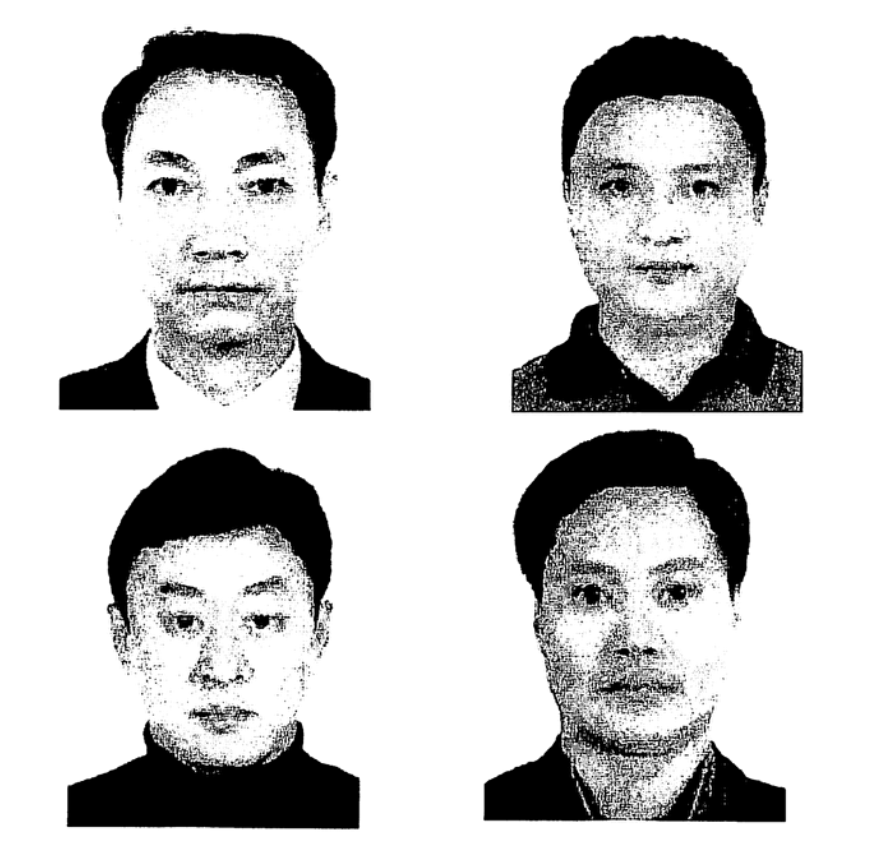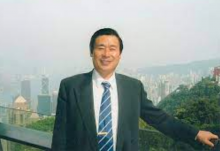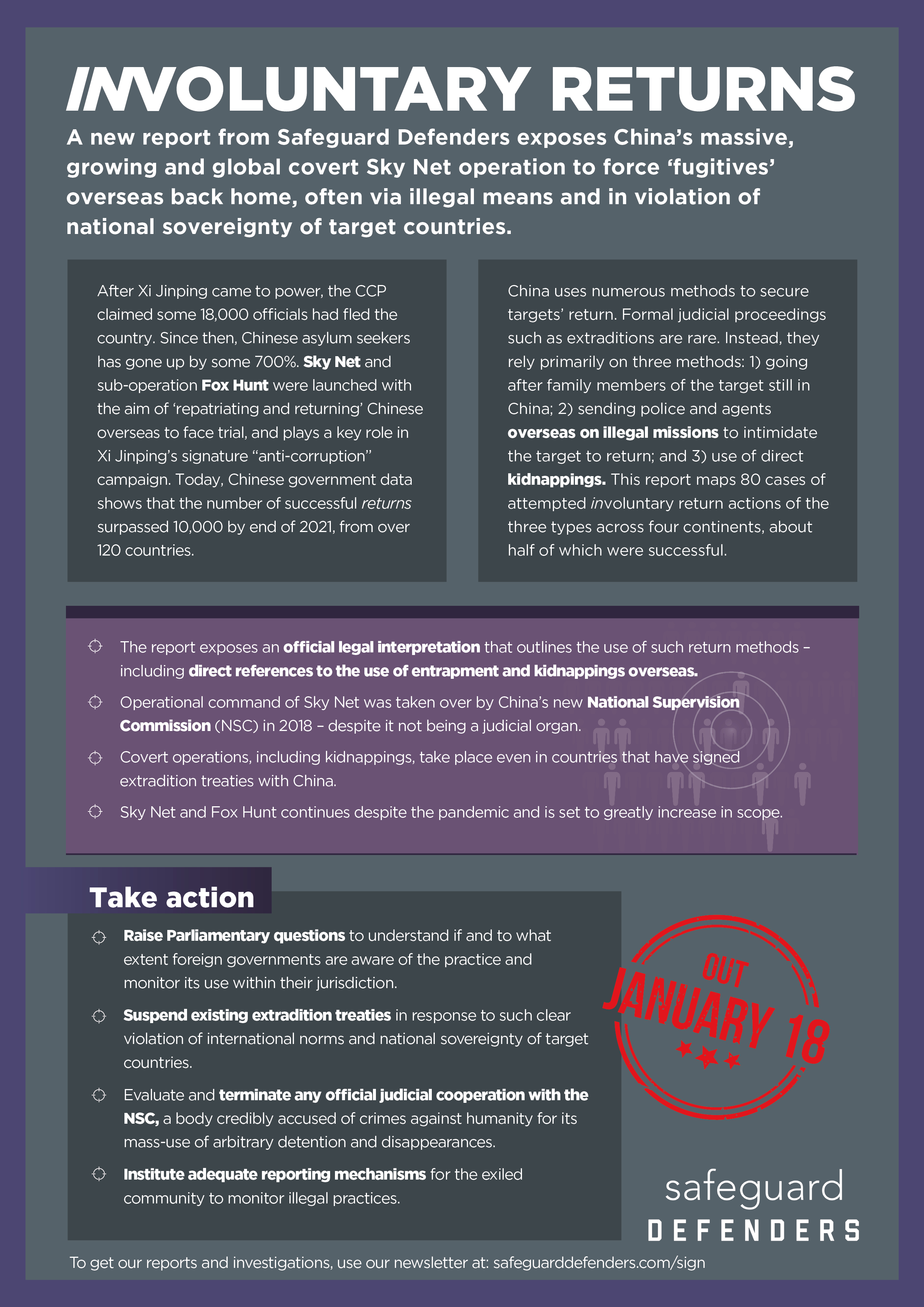US indicts 4 Chinese MSS officers, 1 US man for spying on human rights activists

A US court has indicted four officials from China’s Ministry of State Security (MSS) and one US citizen of Chinese descent on conspiracy and other charges related to spying and transnational repression, according to the US Department of Justice.
This is the third known indictment against Chinese officials in the US in the last few years for transnational repression on US soil, indicating the scale of Beijing’s transnational repression and mounting efforts to silence pro-democracy activists and human rights defenders from criticizing China overseas.
Our recent report, Involuntary Returns, and its brief follow-up, Sky Net 2022, have tracked the illegal methods and growing scale of China’s global campaign to silence critics and secure the return of fugitives by any means possible, including kidnapping and threatening families back home.
The five named individuals are:
- US citizen WANG SHUJUN, aged 73;
- MSS agent FENG HE (also known as “Boss He”), aged 49, from Guangdong, China;
- MSS agent JIE JI, aged 50, from Qingdao, China;
- MSS agent MING LI (also known as “Elder Tang” and “Little Li”), aged 40 from Guangdong, China; and,
- MSS agent KEQING LU (also known as “Boss Lu”), aged 61 from Qingdao, China
The four officers are at large, while Wang is already detained on criminal charges from March this year.
Wang is alleged to have spied on pro-democracy activists and organizations in the US and reported back to the MSS officers. To win over his targets’ trust, he started an anti-CCP, pro-democracy organization in New York and used his connections with members of the ethnic Chinese community in the city.

According to the indictment, Wang “used his position and status within the Chinese diaspora and dissident communities to covertly collect information about prominent activists and human rights leaders on behalf of the MSS and PRC” for more than a decade.
The four MSS officers told Wang who to target including Hong Kong pro-democracy activists, pro-Taiwanese independence activists, and activists for Uyghur, Tibetan and Mongolian rights. Wang is said to have provided intelligence on these targets to the MSS through encrypted messaging applications and emails, and also during trips to China at face-to-face meetings.
Transnational Repression: Governments reaching across borders to silence dissent among diasporas and exiles, including through threats and harassment, spying, assassinations, illegal deportations, abductions, digital threats or stalking, Interpol abuse and family intimidation.
Involuntary Returns: The use of non-traditional, often illegal, means of forcing someone to return to China against their will, most often to face certain imprisonment. Methods range from threatening family back in China, sending agents to intimidate target in host country, to direct kidnappings. Sometimes referred to as IR operations.
One of the activists Wang reported on was well-known Hong Kong pro-democracy lawyer and politician Albert Ho, who was then later arrested in Hong Kong. Wang had met with him and called him several times to grill him about other pro-democracy activists and Ho’s own beliefs, all of which he then communicated to the MSS.
Wang is said to have recorded private conversations with activists and intelligence on their activities in so-called “email diaries” that could be accessed by the officers. He also passed on contact information belonging to Chinese dissidents.
Who is Wang Shujun?
 According to an unsealed FBI complaint, Wang, who was then a professor at Qingdao College of Social Sciences, left China for the US in 1994. He came as a visiting scholar, and became a naturalized US citizen in 2003.
According to an unsealed FBI complaint, Wang, who was then a professor at Qingdao College of Social Sciences, left China for the US in 1994. He came as a visiting scholar, and became a naturalized US citizen in 2003.
Starting at around 2005, Wang began to spy on Chinese activists in the US for the MSS. In 2006, he founded the Hu Yaobang and Zhao Ziyang Memorial Foundation, an anti-CCP group, which he used to gain the trust of many genuine human rights defenders.
The complaint contains detailed communications between Wang and the MSS officers. In addition to these, Wang kept email diaries, which he sometimes called, “William’s diary.”
Read the FBI complaint here.
How was Wang caught?
In July 2021, a wired undercover agent went to Wang’s home, pretending to have been sent by Boss Lu. The agent told Wang that the MSS believed Wang was being investigated by the FBI and offered to help him get rid of any incriminating communications with the MSS. Wang then described how he started keeping the “diaries” in 2005, making around two or three entries per month and detailed the various email accounts he used to communicate with the four MSS officers and gave the agent his passwords so that the data could be “deleted”. The agent also got Wang to describe his meetings with Ho.
Official US response
The United States Attorney Breon Peace said: “Today’s indictment exposes and disrupts an operation by the PRC that threatens the safety and freedom of Chinese nationals residing in the United States on account of their pro-democracy beliefs and speech.”
Michael J. Driscoll, Assistant Director-in-Charge, Federal Bureau of Investigation in New York said: “We allege Wang participated in a pro-democracy organization with the insidious intent to spy on those who joined. He targeted dissidents living in the United States, putting their lives at risk. The Chinese government has proven time and again it is willing to overlook our laws to hunt down those who speak out against the regime.”
For a similar MSS operation in Sweden, on spying on Tibetan and Uyghur communities, which led to a rare conviction for refugee espionage, see SD's investigation The Tibetan refugee who turned spy for China in Sweden.
SD's one-page factsheet on SkyNet and use of Involuntary Returns
